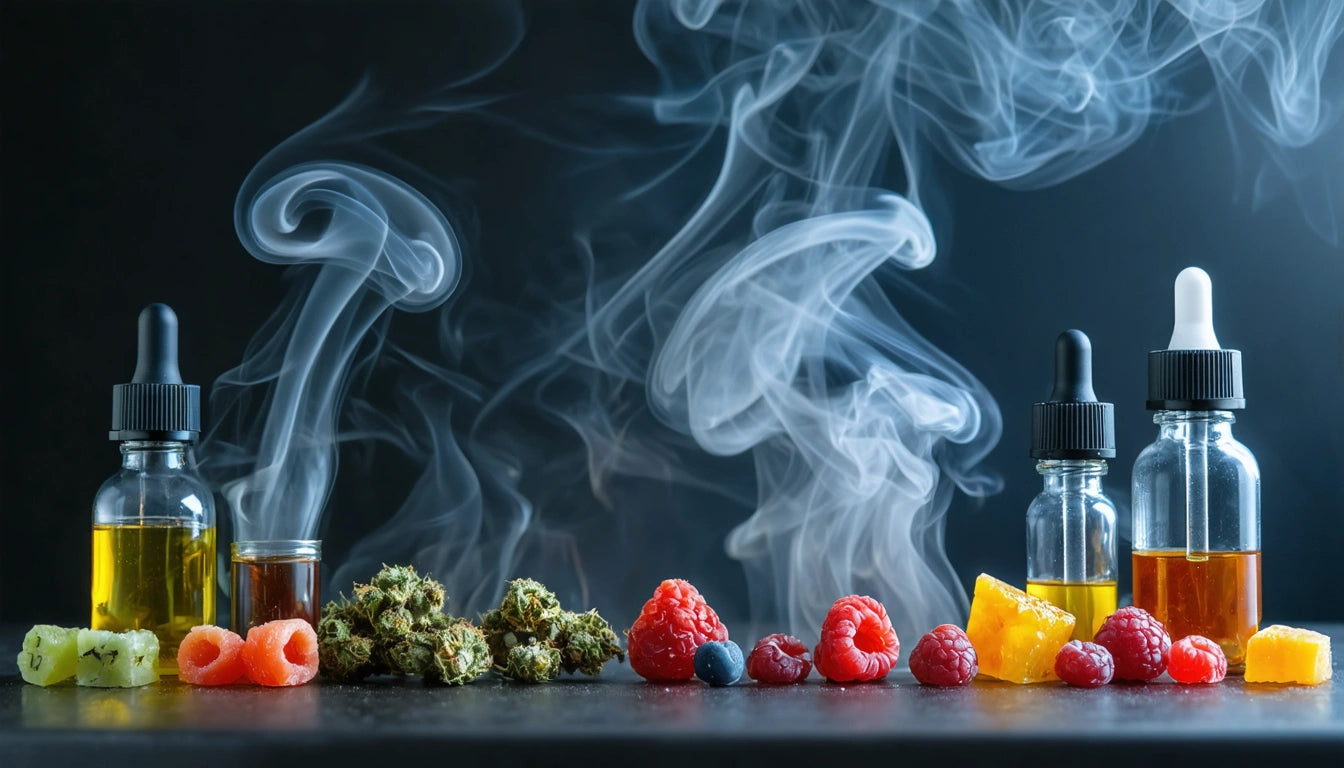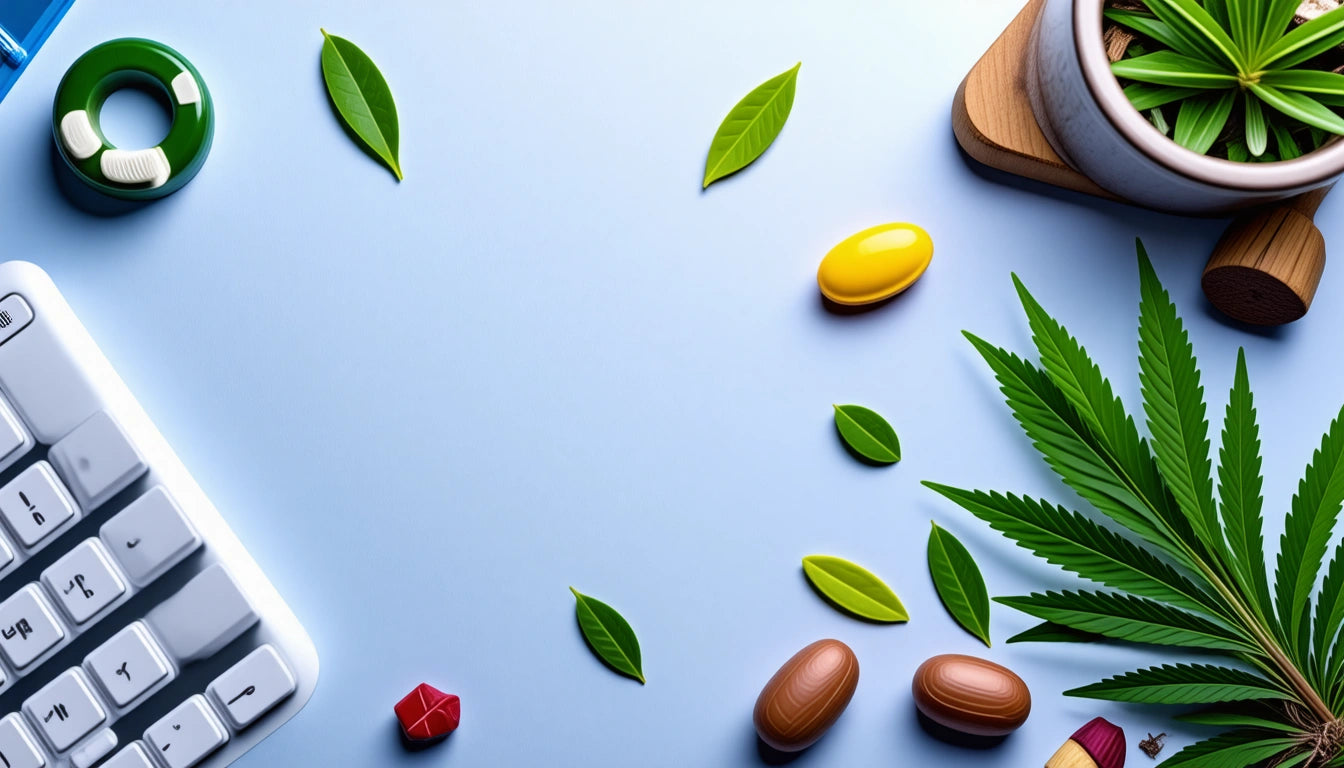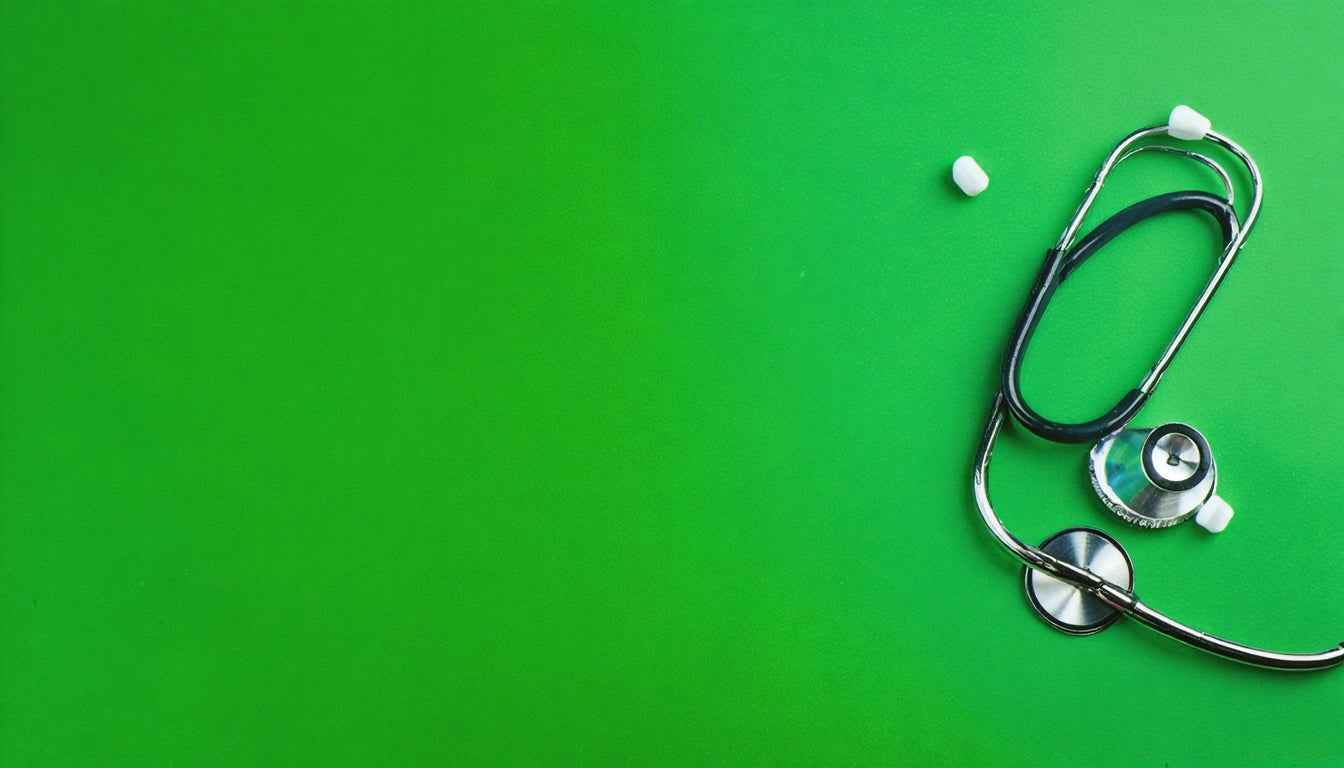Does THCA Get You High? Exploring Its Effects and Potency
Cannabis consumers often encounter products labeled with THCA percentages and wonder: can you get high from THCA? The answer involves understanding the relationship between THCA (tetrahydrocannabinolic acid) and THC (tetrahydrocannabinol), along with how different consumption methods affect this compound. This comprehensive guide explores whether THCA produces a high and what factors influence its psychoactive potential.
Understanding THCA and THC: Chemical Differences
THCA is the non-psychoactive precursor to THC found naturally in raw, unheated cannabis plants. In its raw form, THCA contains an additional carboxyl group (COOH) that prevents it from binding effectively with cannabinoid receptors in the brain.
As explained in this detailed breakdown of THC and THCA differences, the transformation from THCA to THC occurs through a process called decarboxylation. This chemical reaction removes the carboxyl group, allowing the resulting THC molecule to interact with the endocannabinoid system and produce psychoactive effects.
Does THCA Get You High? The Science Behind It
In its pure, unaltered form, THCA does not get you high. The molecular structure of THCA prevents it from binding effectively with CB1 receptors in the brain, which are responsible for THC's intoxicating effects.
However, this doesn't mean products labeled as containing THCA won't produce psychoactive effects. The key factor is whether the THCA undergoes decarboxylation, converting it to THC. This transformation can happen in several ways:
- Exposure to heat (smoking, vaping, cooking)
- Prolonged exposure to light
- Natural aging over time
- Certain extraction processes
Smoking THCA Flower: What Happens During Combustion
When you smoke THCA flower, does it get you high? Yes, because smoking involves combustion temperatures well above the decarboxylation point (approximately 220 °F/104 °C). As this article on smoking THCA explains, the act of lighting cannabis instantly converts most THCA to THC before it enters your lungs.
This is why smoking THCA-rich cannabis flower produces similar effects to products labeled with THC content. The high temperatures involved in smoking efficiently convert THCA to its psychoactive form, resulting in the familiar cannabis high.
THCA Consumption Methods and Their Effects
THCA Flower
Cannabis flower naturally contains high levels of THCA rather than THC. When consuming flower, the method determines whether you'll experience psychoactive effects:
Raw consumption (juicing, adding to salads): No high, as THCA remains unconverted
Smoking or vaping: Produces a high as heat converts THCA to THC
For those interested in preserving their cannabis products, proper storage is essential. Using quality airtight containers with secure caps helps maintain cannabinoid potency and prevents premature degradation of THCA.
THCA Gummies and Edibles
Do THCA gummies get you high? It depends on their preparation. If THCA gummies are made without applying heat during production, they theoretically shouldn't cause intoxication. However, many products labeled as "THCA edibles" have actually undergone some decarboxylation during processing.
Additionally, the digestive process can convert some THCA to THC, potentially causing mild psychoactive effects even from truly raw THCA edibles. For consistent effects, manufacturers must carefully control temperature during production.
THCA Vapes and Concentrates
Do THCA vapes get you high? Yes, vaporizing THCA concentrates will produce psychoactive effects because vaporizers operate at temperatures sufficient for decarboxylation. Even "low-temp" dabs typically exceed the temperature needed to convert THCA to THC.
Some concentrates are specifically labeled as THCA diamonds or crystals, which are nearly pure THCA in crystalline form. These products remain non-intoxicating until heated, at which point they can deliver extremely potent THC effects.
Potency Comparison: THCA vs THC Effects
When THCA converts to THC, does it get you as high as products labeled with THC content? The answer involves understanding conversion efficiency. During decarboxylation, not all THCA converts perfectly to THC. Some is lost to other compounds or evaporates.
As explained in this analysis of THCA's effects, the theoretical maximum conversion is about 87.7% (based on molecular weight differences). This means 100mg of THCA could yield approximately 87.7mg of THC under perfect conditions. In real-world scenarios, the conversion is typically lower.
This is why some users report that THCA products don't get them "as high" as equivalent THC products. The difference isn't in the compound itself but in the conversion efficiency during consumption.
Practical Considerations for THCA Consumers
For consumers wondering if THCA gets you high like THC, consider these practical points:
- Legal status: In some jurisdictions, THCA products exist in a legal gray area where they're technically compliant with THC restrictions while still offering psychoactive potential when heated.
- Testing variability: Lab results showing THCA content don't necessarily predict the exact THC experience, as conversion varies by consumption method.
- Storage factors: THCA gradually converts to THC over time, especially with exposure to light and heat. Proper storage in dark, cool environments with appropriate packaging helps maintain intended potency.
Understanding the relationship between THCA and THC allows consumers to make informed choices about products and consumption methods based on their desired effects. While raw THCA doesn't produce intoxication, its potential to convert to THC means most consumption methods will result in psychoactive experiences similar to traditional THC products.











Leave a comment
All comments are moderated before being published.
This site is protected by hCaptcha and the hCaptcha Privacy Policy and Terms of Service apply.